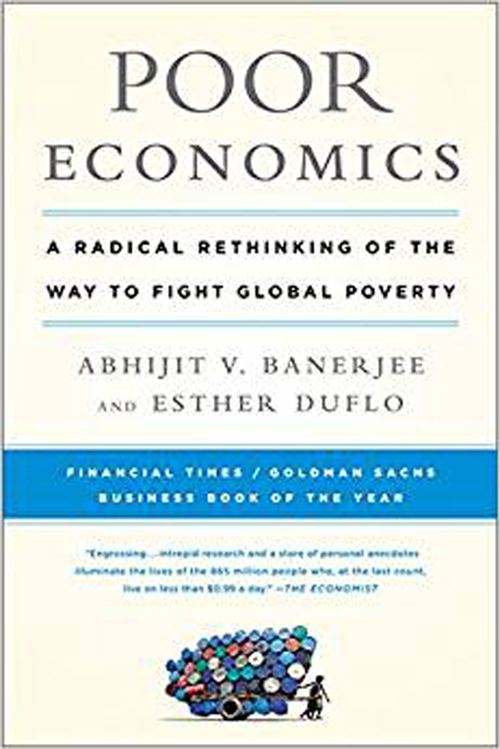Greece’s number of retirees at poverty risk surprises
Eurostat, the statistical office of the European Union, released new data today that measures how many pensioners are at risk of poverty, and their findings on Greece may very well surprise you. The statistical office said “In 2019, the proportion of pensioners aged over 65 at risk of poverty in the EU stood at 15.1%, slightly above the figure of 14.5% in 2018 as well as above the risk of poverty of working age population (16 to 64 years)...



